Former Iraqi PM hails Gen. Soleimani as architect of Iran-Saudi détente
Former Iraqi Prime Minister Adel Abdul-Mahdi has lauded late Iranian anti-terror commander Lieutenant General Qassem Soleimani as a “pacesetter” in the recent agreement between Iran and Saudi Arabia to restore diplomatic ties and re-open diplomatic missions.
In an article published on the website of Iraq's Al-Ahad TV channel on Tuesday, Abdul-Mahdi provided an exclusive account of the recent Iran-Saudi agreement and praised General Soleimani, former commander of the Quds Force of Islamic Revolution Guards Corps (IRGC), as the one who “launched” the groundbreaking deal.
Abdul-Mahdi said during a state visit to China in September 2019, he received a phone call from General Soleimani who asked him if he could visit Saudi Arabia and act as an “intermediary” between Iran and the kingdom.
“General Soleimani said the matter was urgent,” to which the former Iraqi premier replied that he would go to Riyadh right after returning to Baghdad.
“I informed the Chinese side of the martyr's request, and they rejoiced,” Abdul-Mahdi added.
The former Iraqi premier continued by saying that he contacted the Saudi government, which inquired about the purpose of the visit.
“I informed them of Iran's request for mediation and identified Soleimani as the Iranian representative. The Saudis welcomed the proposal,” Abdul-Mahdi said.
"We returned to Iran on the morning of 25/9/2019 and left Baghdad in the evening for Saudi Arabia. Former Prime Minister [Mustafa] al-Kadhimi accompanied me, along with Minister of Oil Thamer al-Ghadhban, and Mohamed al-Hashimi, the cabinet secretary. We were received by the Custodian of the Two Holy Mosques; then we held a late-night meeting with the Crown Prince [Mohammad bin Salman]."
Abdul-Mahdi stressed that the initiative was obstructed following strikes on Saudi Arabia's state-run oil giant Aramco and the US-directed assassination of General Soleimani along with his companions in the Iraqi capital.
"Regrettably, the former American administration executed their misguided and cowardly operation...I then passed on the responsibility to Prime Minister al-Kadhimi on May 7, 2020. Despite this setback, the initiative continued, and the first meetings were held in Baghdad in April 2021, with Mr. Mohammad Hashemi representing al-Kadhimi in his stead. Sheikh Khaled al-Humaidan led the Saudi delegation, while the Iranian side was represented by Deputy Secretary General of the National Security Council, Mr. Saeed Iravani. Meetings proceeded with the involvement of other officials, culminating in a strategic agreement in Beijing," he said.
The former Iraqi premier also said many parties had contributed to the conclusion of the agreement, which, if successful, "has the potential to alter not only the region but the world."
Abdul-Mahdi added that the deal is not merely about re-establishing ties between the two countries, adding that it will lead to a complete resolution of sensitive and dangerous issues.
"Both parties engaged in robust and forceful negotiations, and the agreement could not have been reached without regional and global developments, the growing influence of China, and guarantees from both sides. The agreement holds a shared vision for the wider trajectory of the region, as can be gleaned from the concluding statement," Abdul-Mahdi concluded.
After several days of intensive negotiations hosted by China, Iran and Saudi Arabia finally clinched a deal on Friday to restore diplomatic relations and re-open embassies and missions within two months.
Saudi Arabia severed diplomatic relations with Iran in January 2016 after Iranian protesters, enraged by the execution of prominent Shia cleric Sheikh Nimr Baqir al-Nimr by the Saudi government, stormed its embassy in Tehran.
The two sides had held five rounds of negotiations in the Iraqi capital of Baghdad since April 2021.
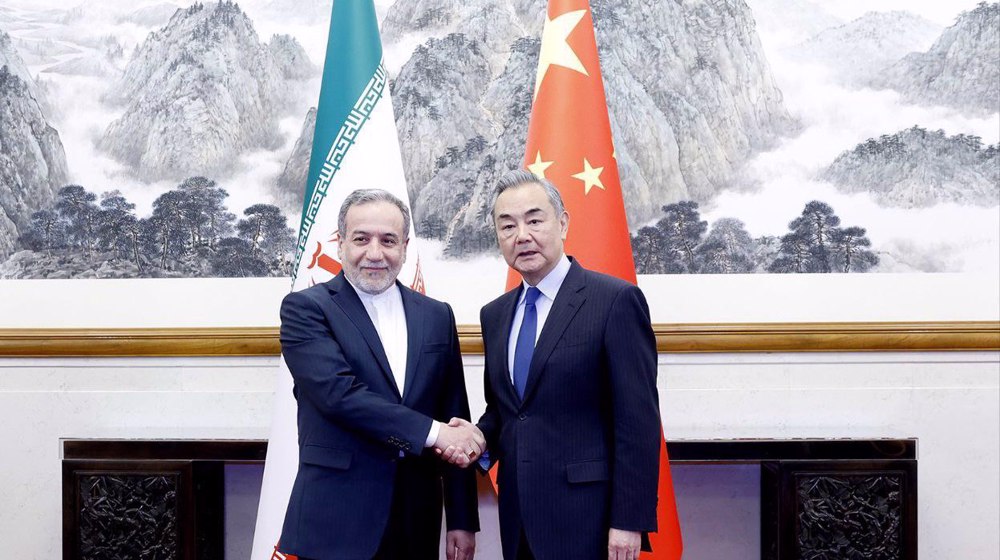
China supports Iran-US indirect talks, defends Tehran's nuclear right
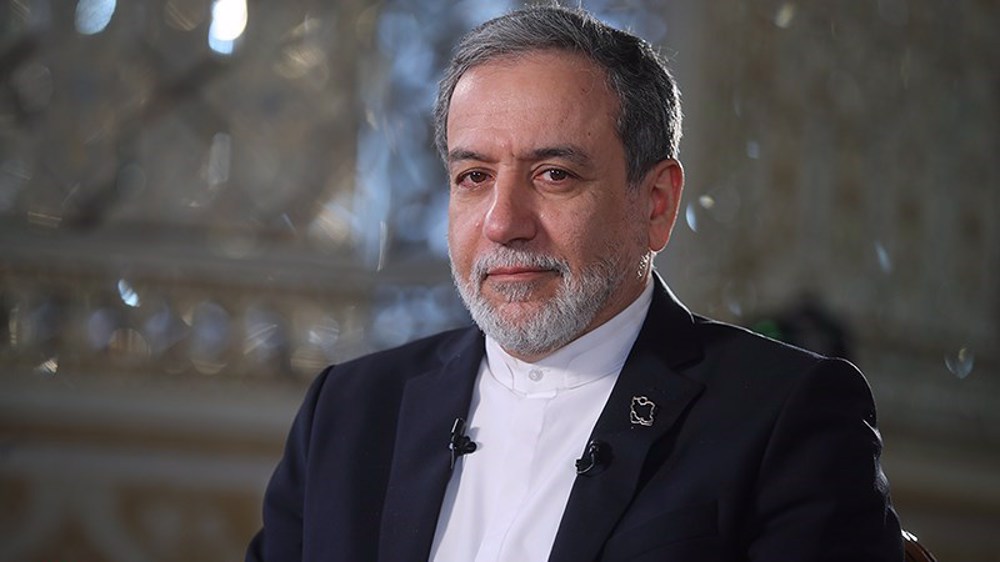
Iran’s FM warns of Israeli attempts to derail diplomacy through various tactics
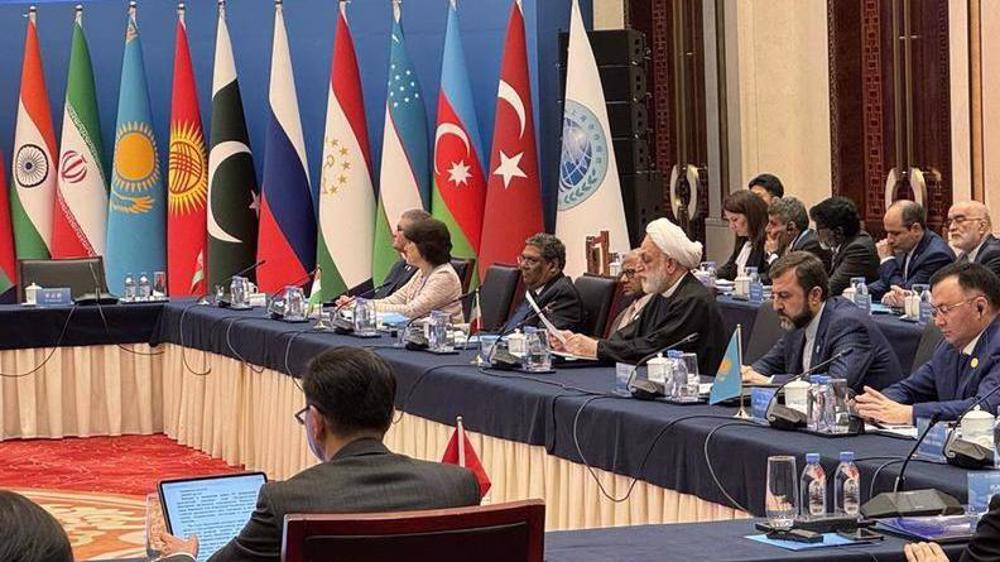
Iran unveils legal strategies for SCO states to counter challenges
Over 100 rabbis, cantors slam Trump for pro-Palestine campus crackdown
Nearly 30 Palestinians killed in fresh Israeli strikes on Gaza
VIDEO | Press TV's news headlines
FBI, local police raid homes of pro-Palestine activists in Michigan
Trump ratings low amid US economic turmoil
VIDEO | Trump tariffs: A wrecking ball!
Israel deprives Gazans of basic needs for ‘survival’: UN
South Africa has no choice but to support resistance against Israel's genocide in Gaza


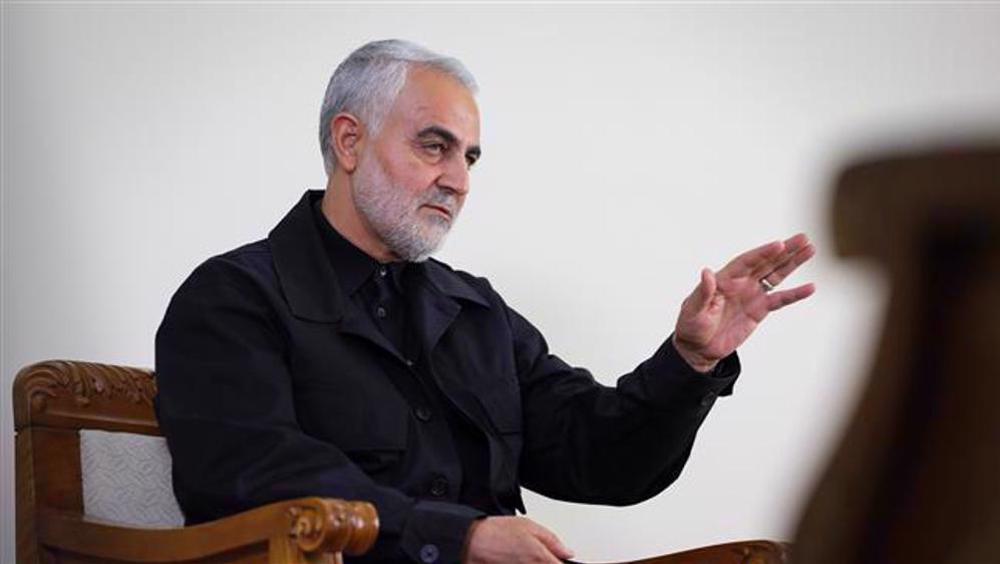
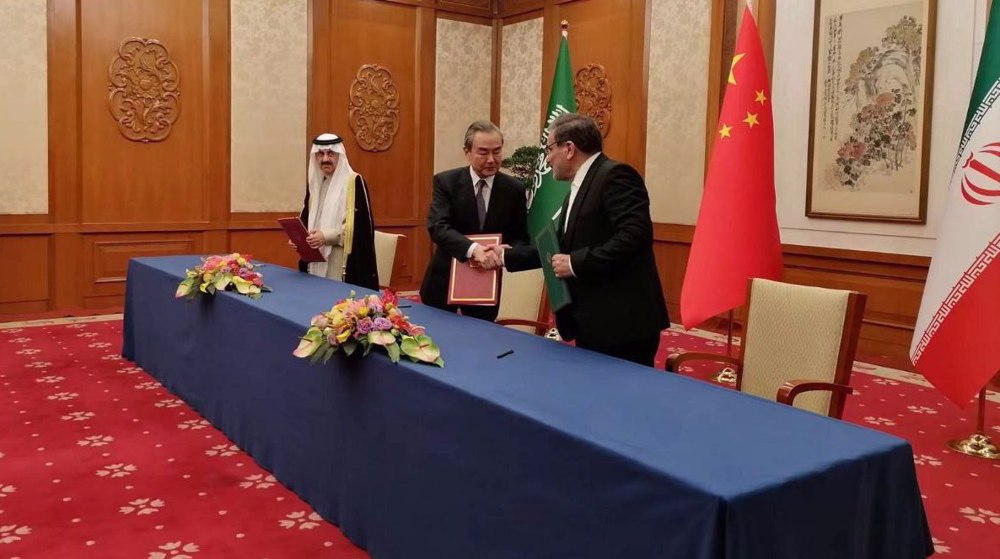




 This makes it easy to access the Press TV website
This makes it easy to access the Press TV website